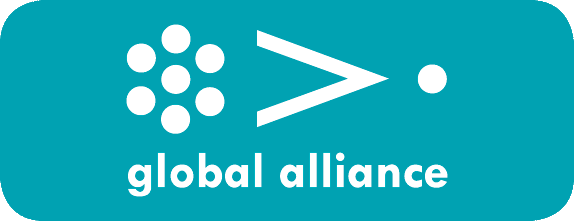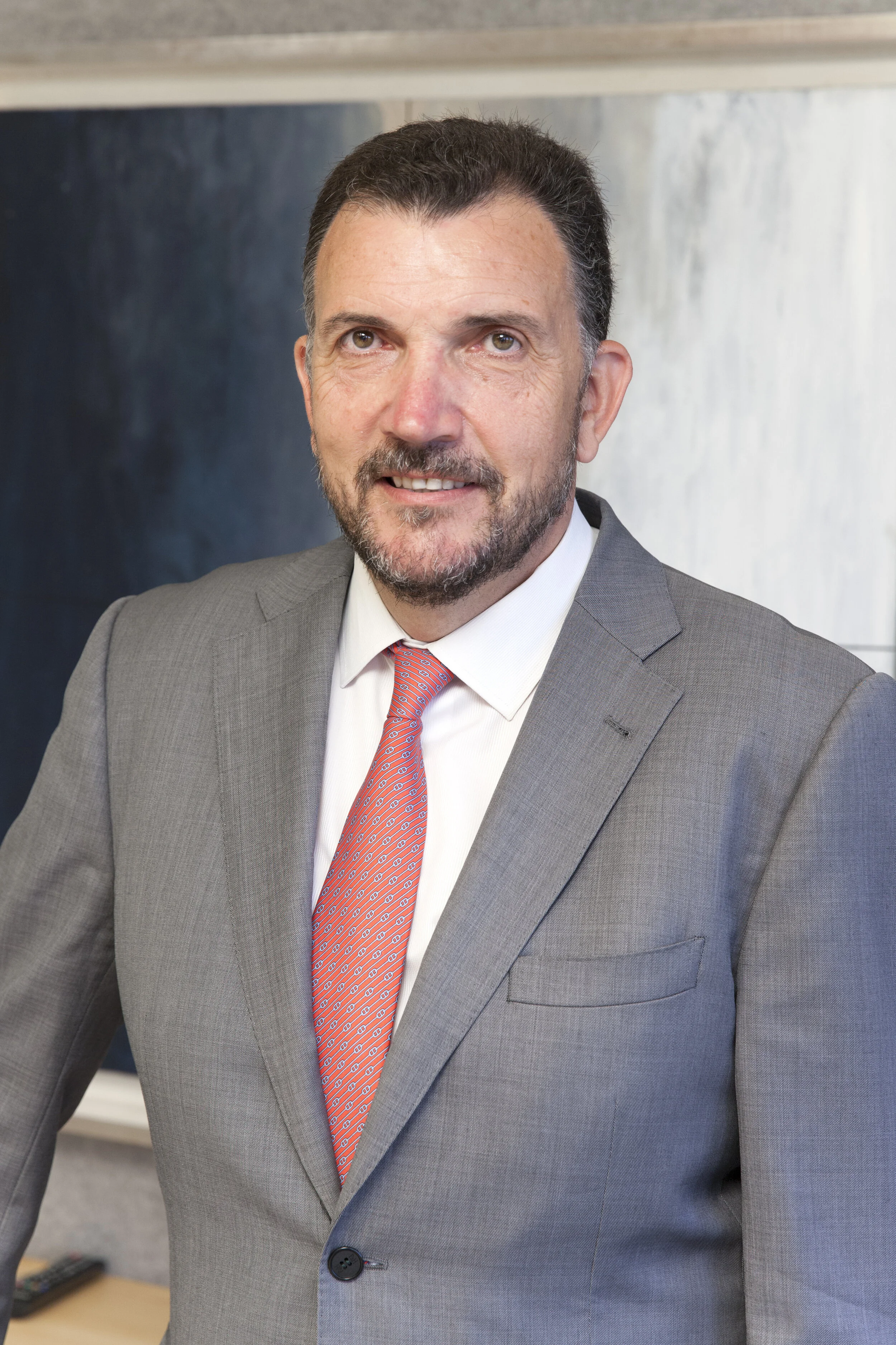#COMMSTRANSFORMATION - Do you want to be a firefighter or a peacemaker?
Also available to view here
The Global Alliance for Public Relations and Communication Management is celebrating the first Global Trends & Transformation Month. The goal is to reflect about how global trends are transformating our profession.
As global observer thanks to my role in the board of the Global Alliance, I’m going to share with you just two big conclusions:
The first one should be obvious, but it is not: digitalization is affecting the PR profession in a deeper way than other activities and jobs. And perhaps we are not enough aware about that impact. Actually we spend a lot of time thinking and speaking about the effect of the new digital era on business models.
And my question is:
How digitalization is changing our own business model, I mean, the way we have to consider the purpose, the vision and the mission of our profession and the competences and skills we have to develop to serve those?
There is a consensus about the idea of the speed of the change we are experiencing due to technological advances. Are we, as a profession, changing as the same speed of those changes?
The second conclusion is also a call, almost a cry, for the PR profession. What we are doing to fight againts one of the most damaging social trends for the coexistence?
I’m referring to polarization.
The polarization of attitudes or the polarization of beliefs is the psychological phenomenon whereby a difference of opinion becomes more extreme as the parties raise their points of view. This is one of the effects of confirmation bias: the tendency of individuals to selectively seek and interpret evidence to strengthen their own beliefs or attitudes. When individuals face ambiguous evidence, this bias can potentially lead to each individual interpreting in order to confirm their own opinion.
Let’s go deeper on this phenomenon.
Every minute of 2020, YouTube users upload 500 hours of video to the network, Facebook users add 147,000 photos, Instagram users distribute 347,222 new stories and WhatsApp users send 41,666,664 messages, according to data from the Domo consultancy. And yet, I have the sad impression that being more communicated, we are not being better communicated.
This feeling is confirmed by a research conducted by Morning Consultants for Dialogue Project. According to that, “having a respectful conversation with someone who has a different opinion than yours” has become a problem. This is the opinion of 57% of the citizens of the United States, 64% of Brazil and 46% of India, three of the five countries in which the study was carried out through surveys of adults. In fact, eight out of ten respondents are aware that they should behave more respectfully when discussing with another person who thinks differently, but only half are willing to invest their time in it.
Polarization increases mistrust. Its antonym, trust, is a good that is generated from top to bottom and that is located in the foundations of representative democracy. Each citizen surrenders a portion of his sovereignty to the executive, legislative and judicial powers so that they can command, legislate and administer justice in accordance with rules that are the result of a great social consensus. The Spanish Constitution of 1978 is a great example of this. If those powers do not make responsible and efficient use of that delegated sovereignty, they undermine confidence in the system. Responsible use means exhibiting civic behaviors that provoke imitation, such as respectful and constructive dialogue. And efficient use refers to the management of public resources that the citizen makes available through taxes.
A study carried out by Pew Research in 2019, with an eye on the electoral campaign in the United States, confirmed that the loss of trust in institutions, particularly in the federal government (75%), has caused a drop in trust of North American citizens with each other (64%). The malfunctioning of institutions induces a climate of social mistrust that permeates all relationships.
Besides that, polarization is becoming less rational and more emotional. For instance, in Spain we are much more polarized regarding identity issues (ideological or territorial) than specific public policies. The ideological and territorial polarization is between two and three times greater than the polarization around taxes and immigration, about six times greater than the polarization around public health, and about fifteen times greater than the polarization around public services.
If we add to infoxication and polarization the effect of the echo chamber (the propensity to receive only messages and opinions that agree with our tastes) and the superficiality of the judgments we make at the speed of light, we will understand why we live in a society where debates develop much faster than consensus.
Information has become a "commodity" and the opinion of others an inconvenience. There really is not an surplus of information, because here the principle of "the more the better" applies, but rather a deficit of quality information. We can even intuit that there is an overabundance of opinion camouflaged with information.
Let's not blame the networks for making an opinion easy, because this contributes to the democratization of public opinion. However, we can hold them responsible for not stopping enough the manifestations that exceed the limits of freedom of expression, such as insults, hoaxes and falsehoods. The primary responsibility corresponds to whoever issues an opinion, whether or not they are aware of the amplification produced by social networks, but the channels must take care of their correct use for the benefit of the community and their own.
To fight against the pandemic represented by disinformation, the most notorious phenomenon of which is fake news, the general distrust and disaffection of citizens towards politics, and consequently their reluctance to participate in collective consensus, it is essential to inoculate a vaccine and generalize a treatment.
The vaccine is the criterion.
I understand this concept as the ability to differentiate the elements that are involved in a question, how they are related to each other and how each of them affects the whole. Criterion is synonymous with discernment, the previous step to make a judgment that always has a moral sense because it is filtered by the ethical values of the person.
The moral criterion allows to distinguish good from evil. The border between the two is determined by the moral principles that guide the conduct of the person and the laws and social norms that govern coexistence. Discernment combines subjective components, beliefs, and objective, rules.
The criterion allows us to separate information from opinion, and that which is reliable. We must not get carried away by the comfort of consulting only the first page of Google when we search for something, because the algorithm that determines the positioning is more guided by traffic criteria than by rigor. Furthermore, careful criteria requires combining the use of sources accredited for their trust and the search for new sources of knowledge. It even helps us not lose sight of the biases that the sources we usually go to have because of the trust they inspire in us.
The treatment against viruses that cause isolation from an apparent abundance of communication is in the hands of the communicators themselves, on the endogenous side, and the media, on the exogenous side.
The first mission of a communicator is to facilitate communication between your organization and stakeholders. Communicators must create safe spaces for dialogue to flow, driven by the principles of transparency, accessibility, materiality and truthfulness. The contents are food for these dialogues, whose purpose is to create and maintain productive and balanced relationships for the interested parties (stakeholders).
We have to convince everyone in an organization, especially its leaders, that communication is the function that inspires, instigates, nurtures and draws useful conclusions from conversations with groups and stakeholders.
To do this, it is essential to help them differentiate between the function and the ability. The second loses value without the first, it is like a story without meaning, a mere entertainment.
Once the role that communication plays is understood and accepted, those responsible for it must ensure that the spokespersons improve the skill, so that content and content together efficiently serve the objectives of the organization.
This evangelism goes beyond the limits of the organization to which the communicator belongs. In fact, the first of the 16 ethical principles for the practice of public relations agreed by a group of national and international associations of the communication sector under the leadership of the Global Alliance for Public Relations and Communication Management, is: “Working for the public interest ".
On the exogenous side, the mission of the media is key both in the building of criteria and in the direct fight against disinformation.
While the communicator has to act as a curator of the conversations, journalists must work above all to take care of the truth. And the truth is always next to the facts.
The noise is stunning. The confrontation weakens. Distrust feeds back. The lie has gotten cheap. The lack of communication becomes that parasite that advances on the back of its own communicative advances and that feeds the interests of those who feel more comfortable trouble waters. A scenario built on these pillars is doomed to social collapse. Communicating is not enough because it is not synonymous with being well communicated.
The enormous challenges facing today's society require that we all listen more and better to others, that we speak more wisely, and perhaps less on many occasions, that we use an accurate and inclusive language and that we always think about the result of our communications.
If polarization keeps growing we will have to act as firefighters, but if we contribute to reduce it we will be perceived as a peacemakers.
Do you want to be a firefighter or a peacemaker?
José Manuel Velasco is Inmediate Past Chair, Global Alliance for Public Relations and Communication Management
Any thoughts or opinions expressed are that of the author and not of Global Alliance.

